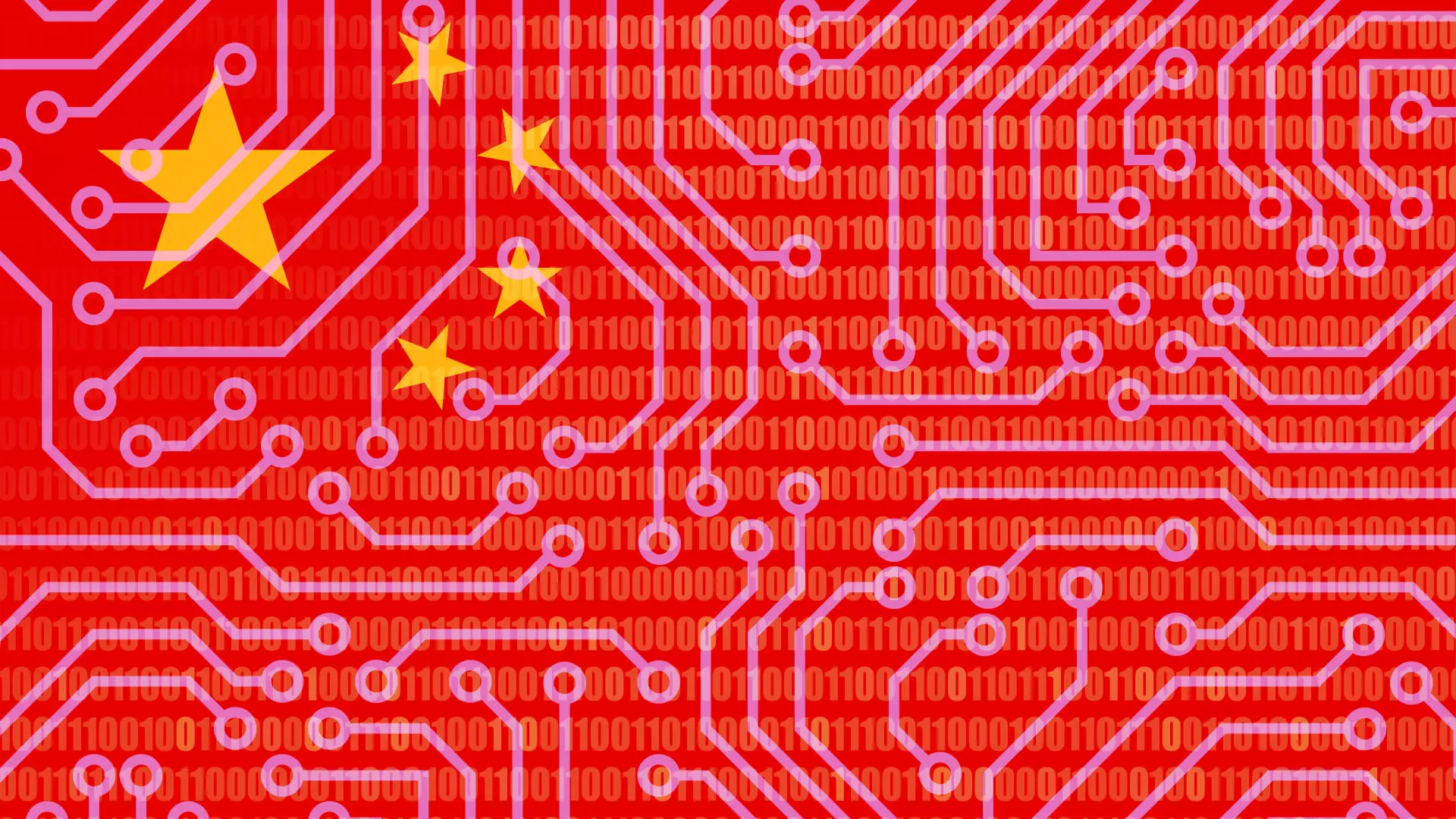New Zealand has recently accused China of engaging in “malicious cyber activity” that is linked to Chinese state actors. This accusation comes after the New Zealand government expressed concerns about cyber attacks that targeted its parliament in 2021. Foreign Minister Winston Peters made a statement regarding the cyber attacks, urging China to refrain from such activities in the future. The issue was also discussed with the Chinese ambassador, where concerns were raised over the targeting of democratic institutions.
Australia has also joined in condemning China’s alleged cyber attacks, particularly those targeting U.K. democratic institutions and parliamentarians. While Australia’s electoral systems were not compromised in the attacks, the country expressed concerns over the implications of such cyber campaigns on democratic societies. This condemnation adds to the growing international concern over China’s involvement in cyber espionage and interference activities.
China’s Response
In response to the accusations and condemnations, China has repeatedly disputed claims of cyber interference. The Chinese embassy in New Zealand did not immediately respond to the allegations, and a Chinese ministry spokesperson emphasized the importance of evidence-based claims rather than spreading false information. China has urged all parties to work together to maintain peace and security in cyberspace, emphasizing that cybersecurity issues should not be politicized.
The U.S. has taken a strong stance against China’s alleged cyber activities by announcing sanctions against individuals and entities associated with malicious cyber operations. The U.S. Treasury Department imposed sanctions on two individuals linked to a group called “Advanced Persistent Threat 31” (APT31), as well as a Chinese firm, Wuhan Xiaoruizhi Science and Technology Co, which was accused of being a front for cyber operations. Additionally, the U.S. Department of Justice indicted seven hackers allegedly associated with APT31, charging them with computer intrusion and targeting critics of China.
The growing concern over China’s malicious cyber activities has raised international alarm, with countries like New Zealand and Australia condemning such actions. The accusations, responses, and sanctions highlight the complex geopolitical dynamics surrounding cybersecurity and the need for cooperation to address these threats effectively. As the global community continues to grapple with the challenges of cyber espionage and interference, it is essential for nations to work together to ensure the security and integrity of cyberspace.


Leave a Reply